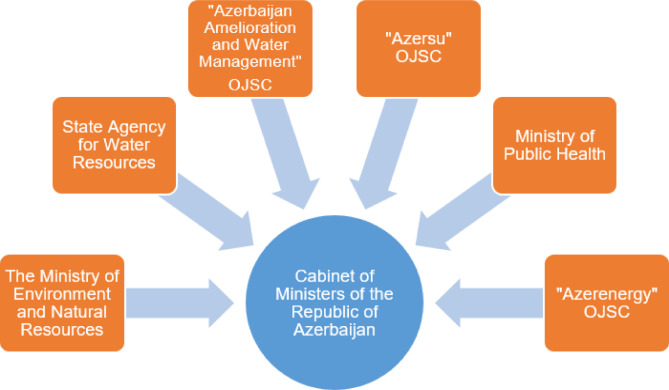Water, the elixir of life, is central to the sustenance of every living organism on Earth. Its importance is undeniably intertwined with the health, prosperity, and long-term viability of societies around the world. As global populations expand and climate change reconfigures the hydrological map of the world, the demand for fresh water is intensifying. Concurrently, several regions are confronting the profound challenge of dwindling water supplies, making water resource management an imperative for the present and the future. Notably, this essential endeavor has been recognized and underscored by the United Nations through its Sustainable Development Goals (SDGs). The direct reference can be found in SDG 6 which aims to "Ensure availability and sustainable management of water and sanitation for all". However, the intersection of water resource management extends beyond just this specific goal, resonating deeply with multiple SDGs.
The foundational objective of water resource management is to efficiently allocate and use water in a manner that is sustainable, equitable, and beneficial for both human beings and the environment. In doing so, it touches upon numerous sectors such as agriculture, industry, health, and energy, which are intrinsically tied to several other SDGs. For instance, efficient water management plays a pivotal role in ensuring zero hunger (SDG 2) by aiding sustainable agricultural practices and ensuring water availability for irrigation, which directly impacts crop yields. In the realm of health (SDG 3), clean water prevents waterborne diseases, ensuring that communities thrive and reducing mortality rates. Furthermore, as urban areas continue to burgeon, sustainable water practices can foster the creation of resilient and sustainable cities (SDG 11). It's clear then, that the ripple effects of effective water resource management cascade across various SDGs, stitching them together in a tapestry of interconnected objectives.
One cannot underscore enough the symbiotic relationship between water resource management and the combating of climate change (SDG 13). As the effects of global warming exacerbate, the patterns of precipitation shift and water availability becomes unpredictable in many regions. By managing water resources prudently, societies can adapt to these altered hydrological realities, ensuring that even in times of scarcity or excess, water-related calamities can be mitigated.
The approach to water resource management also gravitates towards innovation and infrastructure (SDG 9). From constructing efficient water storage facilities and distribution networks to harnessing technology for wastewater treatment, innovation remains at the heart of addressing the complex challenges of water. Moreover, there is an intrinsic relationship between water and ecosystems (SDG 15). Sustainable water management ensures the protection and restoration of freshwater ecosystems, which are vital for maintaining global biodiversity.
In the journey towards a sustainable future, collaboration remains key. Water traverses boundaries, both physical and political, necessitating cooperation at local, national, and transnational levels. As nations rally together to achieve the SDGs by 2030, the harmonization of strategies related to water resource management becomes imperative. The task is undoubtedly colossal, but with the SDGs as the North Star, there's a clear direction forward. By acknowledging the centrality of water in this roadmap and championing its judicious management, humanity can hope to craft a future where every individual has access to clean water, ecosystems thrive, and societies prosper in equilibrium with the planet they inhabit.

